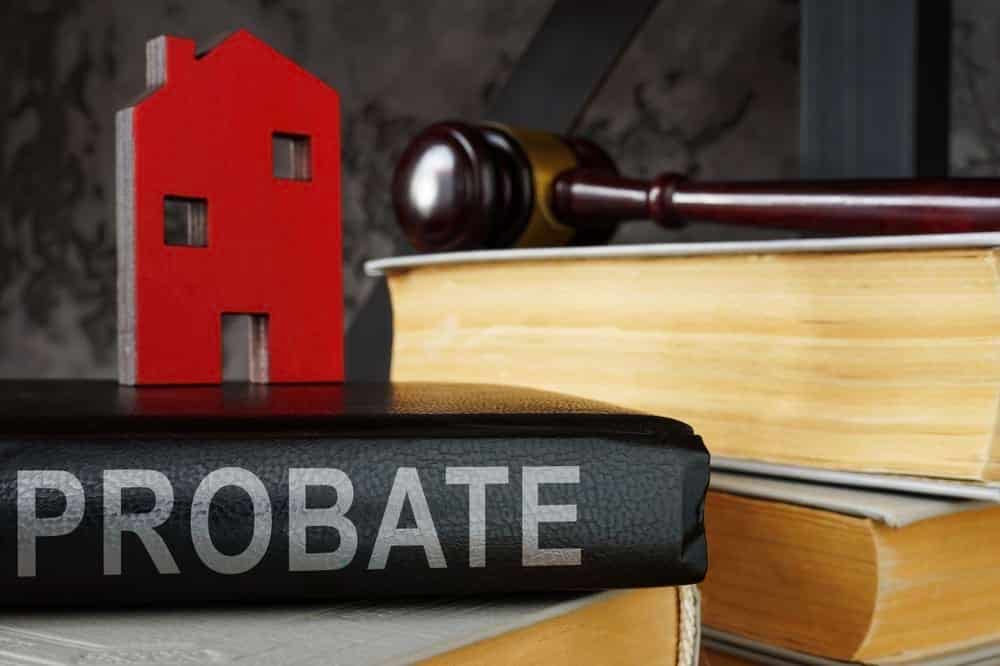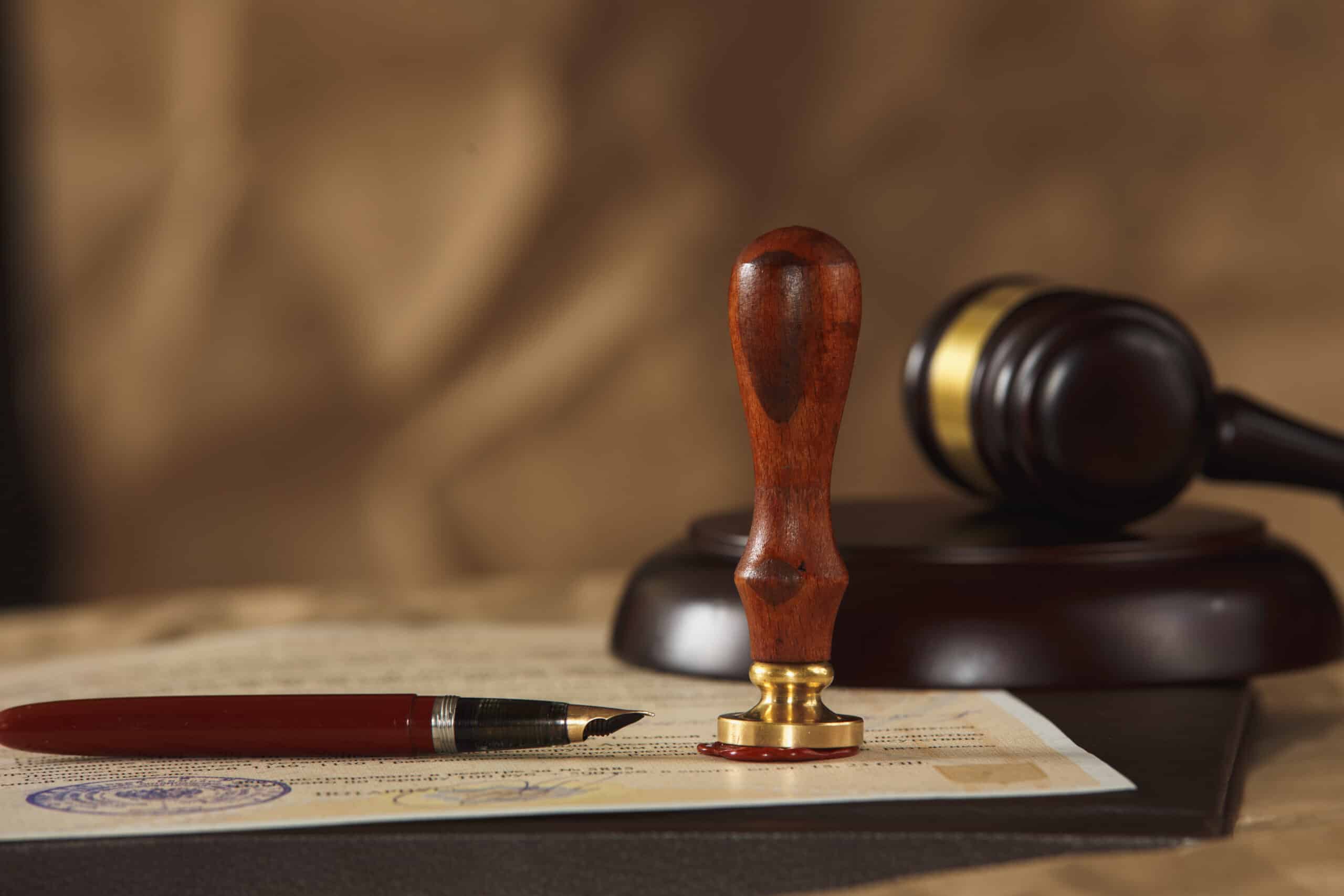Probate is rarely an enjoyable experience. Not only are you mourning the death of a loved one, but if the deceased individual had a complex estate, it can be challenging to divide all their assets successfully.
It is common for you to have questions about the probate process, as it is a complicated subject which most people don’t encounter on a daily basis. For example, you may be wondering how long probate takes to complete, or whether it can be done before you sell a house. Read our blog below for a clear answer to both of these questions.
What Is Probate?
Probate is the legal process which must be completed when someone dies with assets. By completing probate, you will be able to take control of the deceased person’s assets, and then distribute them accordingly.
The number of assets that you need to take control of and distribute will vary in each circumstance. For example, if the person had several properties and businesses, then the distribution of these will be much more complicated compared to someone who wasn’t in control of so many assets.
In most cases, probate is completed in three steps. The first stage requires you to value the estate and pay any tax due. For step two, you must apply for a grant of probate. Thirdly, it is time to distribute the estate.
If the deceased individual did not create a will, one of their close relatives can apply for a ‘Grant of Letters of Administration’. Once you have one, it basically operates in the same way as a grant of probate.
How long does probate take to complete?
In most cases, the process of completing probate will take somewhere between six to twelve months. However, it may be shorter or longer than this timeframe, depending on how simple or complicated the deceased person’s estate is.
The timeframe is also slightly dependent on the tax authority, who can often take several months to process capital gains tax and inheritance tax.
There are small steps you can take to speed up the probate process. Firstly, regular communication between all relevant parties is crucial. Secondly, paying inheritance tax once it is due will make sure there are fewer delays.
Must Probate be Completed Before You Can Sell a House?
You are able to sell an inherited house on the market and accept offers before you have been given the Grant of Probate. However, the sale cannot be completed until probate has been officially granted.
It is generally agreed to be unwise to exchange contracts and set a date for completion on a property if you have not yet obtained the grant of probate. While you are technically able to do this, acquiring the grant can take several months and you cannot always accurately predict when it will arrive.
In another instance, a property can be sold before probate is completed if a partner/spouse with whom they jointly owned the property is named on the title deeds. Furthermore, if the deceased person was a joint tenant, then the property is automatically transferred to the surviving joint tenant, meaning that no probate is needed if it’s sold.
Generally speaking, the sale of a probate property comes with a lot more bureaucracy than you would typically encounter with a regular house sale. You may also find reluctance from potential buyers to get involved with the purchase of a property which you do not yet have the legal right to sell. Even if it is only a matter of time before you can do so, this may cause some people to have second thoughts.
How Much Does Probate Cost?
According to the UK government website, the fee associated with applying for probate varies based on the value of the estate.
The application fee is £273 if the value of the estate is more than £5,000. However, if the estate is valued at less than £5,000, there is no fee at all. Furthermore, you can order extra copies of the probate document for £1.50 each. If probate has already been granted, it costs £20 to make a second application.
In addition to these fees, you will also have to pay solicitors for their services. The cost of this will vary greatly depending on the company’s rates.
In many cases, solicitor fees will cost around 3-5% of the estate’s value. This means an estate of £500,000 will have solicitor fees of around £15,000 to £25,000.
The less complicated the probate, the less it is likely to cost. Solicitors still charge for their time so the more it is taken up by complications and delays, the more they are likely to charge.
For more information on this important subject, please read our probate guide.


















